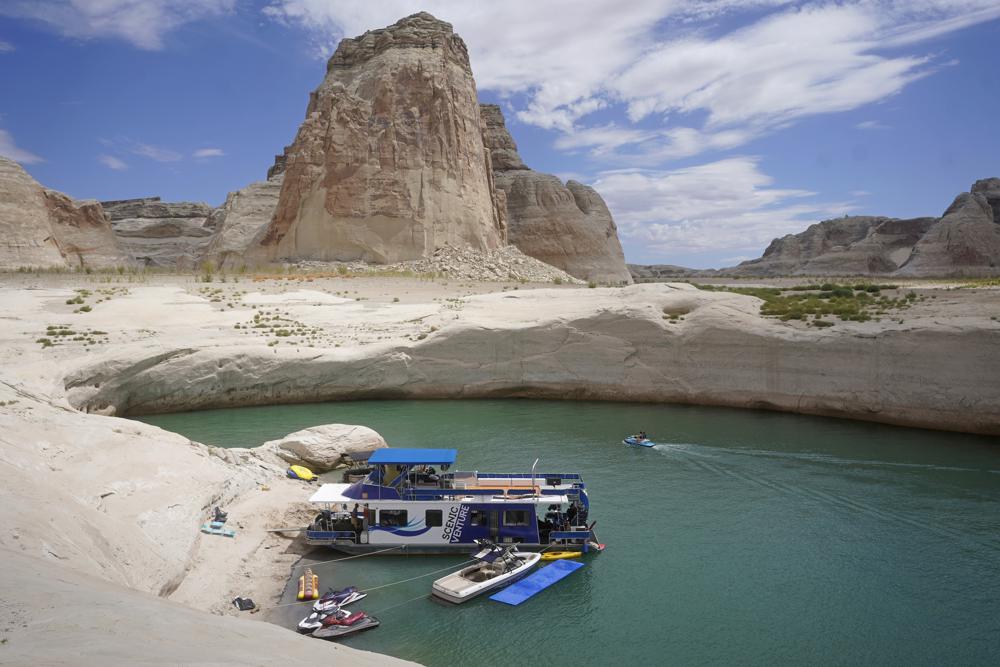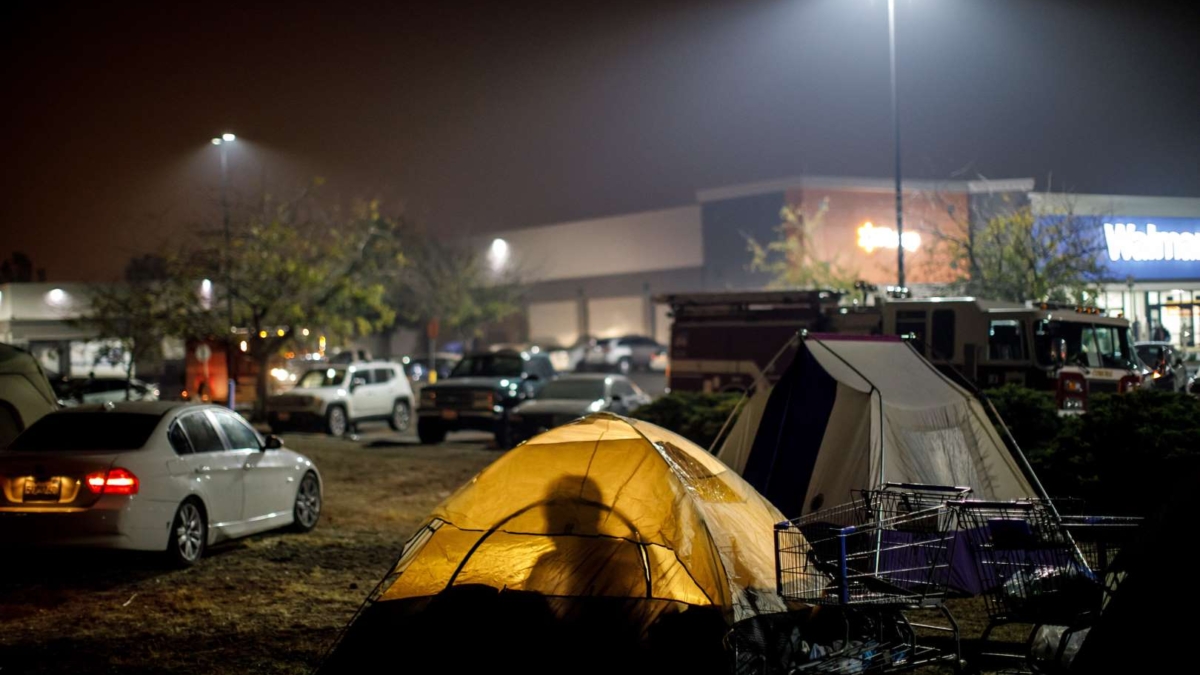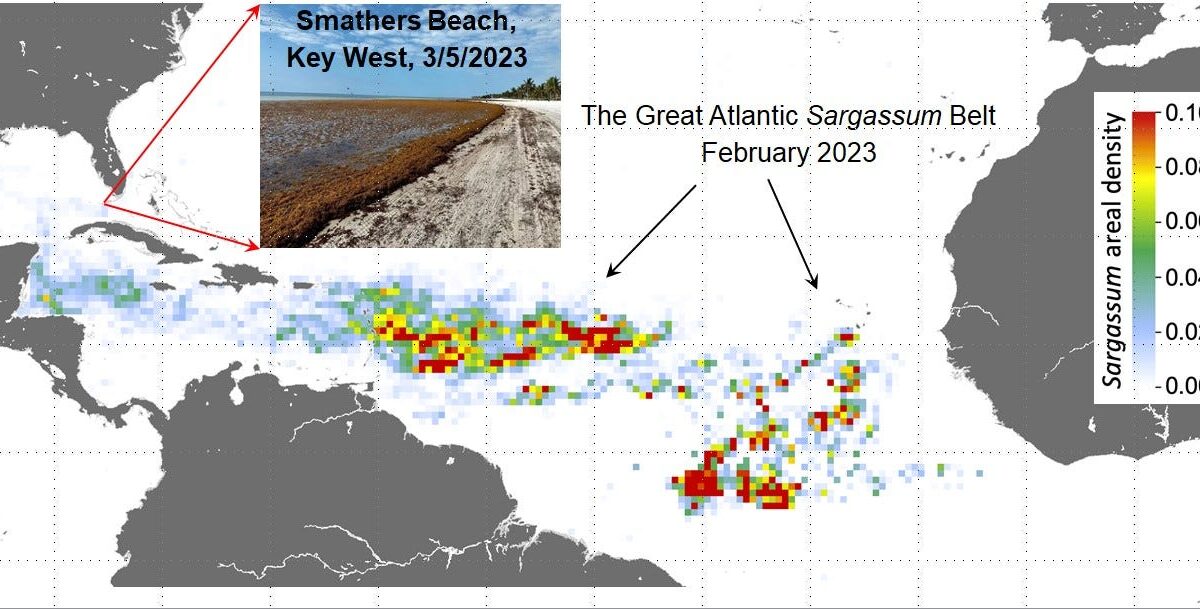Here’s how the Amazon wildfires and deforestation look from space
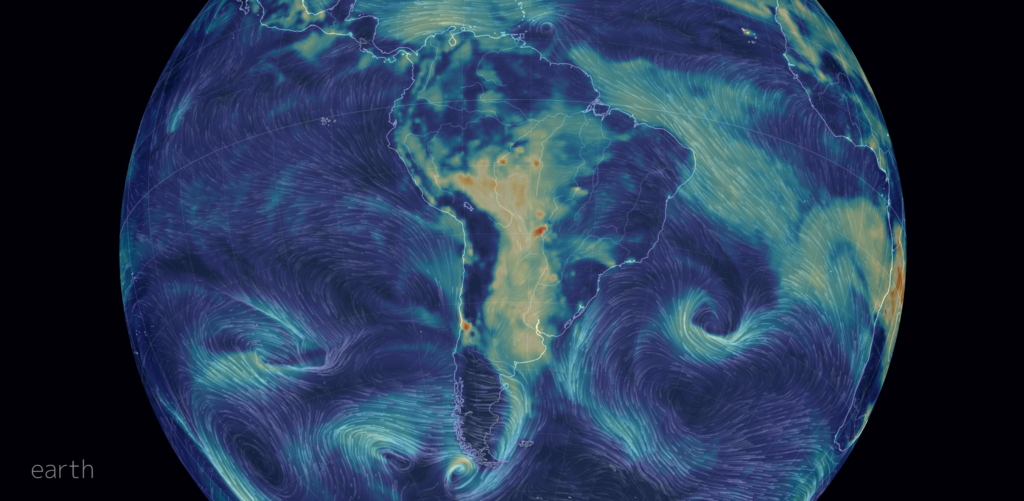
By Andrew Freedman
22 August 2019
(The Washington Post) – The wildfires burning in the Amazon have the potential to release vast quantities of long-stored carbon — thereby accelerating climate change and cause permanent harm to the planet’s most biodiverse ecosystems.
A fleet of public and private-sector satellites are keeping tabs on deforestation rates in the Amazon, of particular interest now that the Brazilian government of President Jair Bolsonaro pursues a pro-development policy agenda. Bolsonaro has encouraged the expansion of agriculture into indigenous forested lands.
Here are some of the satellite views to help drive home the scope and severity of the fires. Since 1 January 2019, a total of 75,336 wildfires have been detected in Brazil, an 85 percent jump compared to 2018, and an increase of 6,852 fires detected compared to the drought-driven wildfire season in 2016. Right now, there is no significant drought to be blamed for the fires. Instead, humans are the most likely culprit, both accidentally and intentionally. […]
Paulo Moutinho, a senior researcher at the Woods Hole Research Center, says the Amazon stores a cumulative total of about a decade’s worth of carbon when using current global annual emissions rates. This amounts to about 90 billion metric tons of carbon.
“If you continue to deforest … you are releasing this huge amount of carbon to the atmosphere,” he said. According to Moutinho, the spike in deforestation via wildfires this year follows years of progress on protecting the Amazon. He noted that deforestation was reduced by 80 percent between 2004 and 2012, for example.
Here is a time-lapse showing deforestation over the span of a few years, through August 2019, northeast of Jip-Paraná, in the state of Rondonia, Brazil. […]
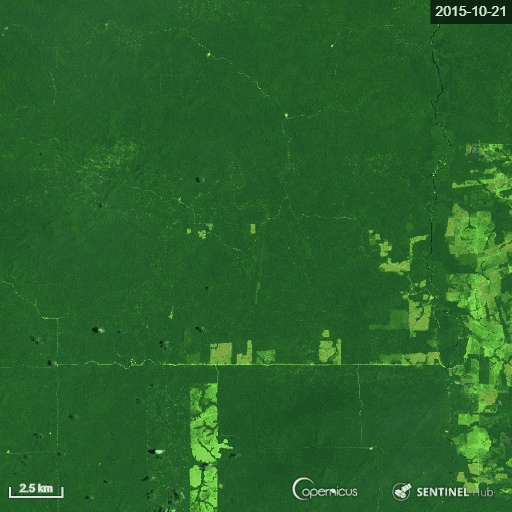
Ironically, Moutinho points out that increased deforestation plus climate trends may lead to so much drying in the Amazon that the lands that were cleared for agriculture can no longer support such activities, due to a lack of irrigation. [more]
Photos: Here’s how the Amazon wildfires and deforestation look from space
